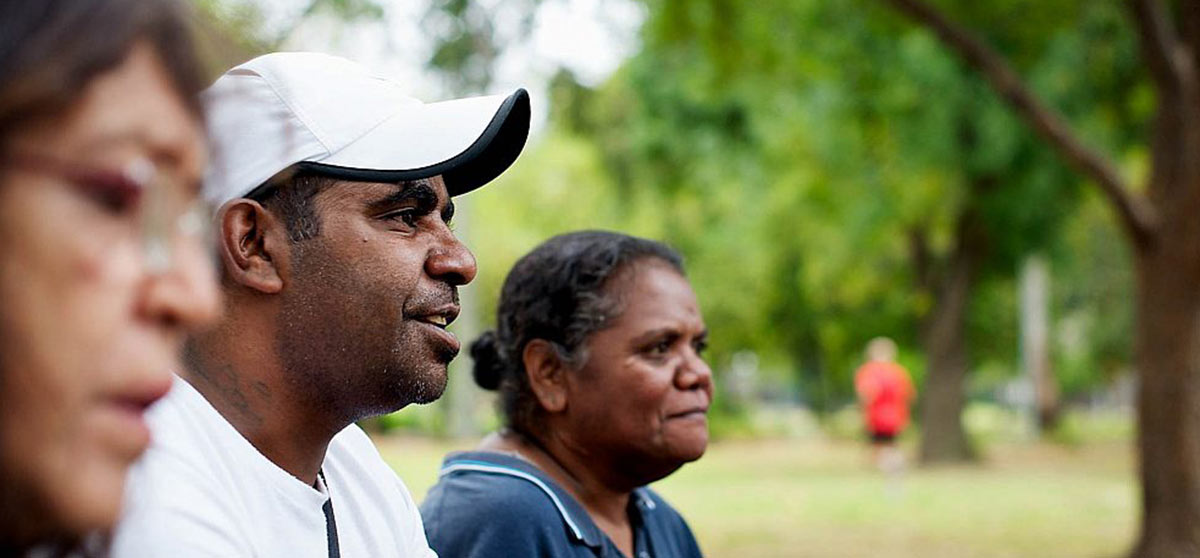You might be a friend, family or neighbour of someone who you think might be experiencing family or domestic violence, but you may not be sure, or it may be very obvious and you may find it difficult to know what you can do to help.
Some things you may see or hear if someone you know is experiencing family and domestic violence include:
- As a neighbour you may hear shouting and/ or threats being made
- They mention that their partner is often jealous, can be controlling or has a short temper
- They mention that their partner forces or pressures them to do sexual things
- Their partner or family member seems to be making all the decisions and orders them about – this could include controlling finances, telling them who they can and cannot see, and what they can and cannot do.
- They may have shown signs of anxiety and depression, lost confidence or are unusually quiet and withdrawn
- They may display signs of physical injuries (bruises, cuts, broken bones etc.) and give repetitive, unbelievable or defensive explanations
- They seem afraid of their partner or family member, display anxiousness around them or act differently when they are around them
- They may have withdrawn from seeing friends, family or doing things they enjoy.
- If their partner or family member is in the room, they cut phone conversations short
- They are reluctant to leave their children with their partner or family member
- Their partner or family member often humiliates, criticises or makes fun of them to you or when other people are around
Types of domestic violence
Family and domestic violence is a pattern of violence, abuse or intimidation where one person attempts to dominate or control the other. It can occur between romantic partners , previous partners or family members, and can affect anyone. Family and domestic violence is not just physical, but can also be:
- Verbal
- Emotional
- Social
- Financial
- Stalking
- Sexual
- Reproductive
- Spiritual/cultural
Learn more about the different types of domestic and family violence.
Country locations can bring extra challenges
If the person you know is, or think may be, experiencing family or domestic violence is in a regional, remote or rural area, there may be some additional challenges that they face which are different to those who experience domestic violence in urban areas. Click here to learn more about why it is different in the country.
Learn more about what you can do to help a friend, family or neighbour who might be experiencing domestic violence.



